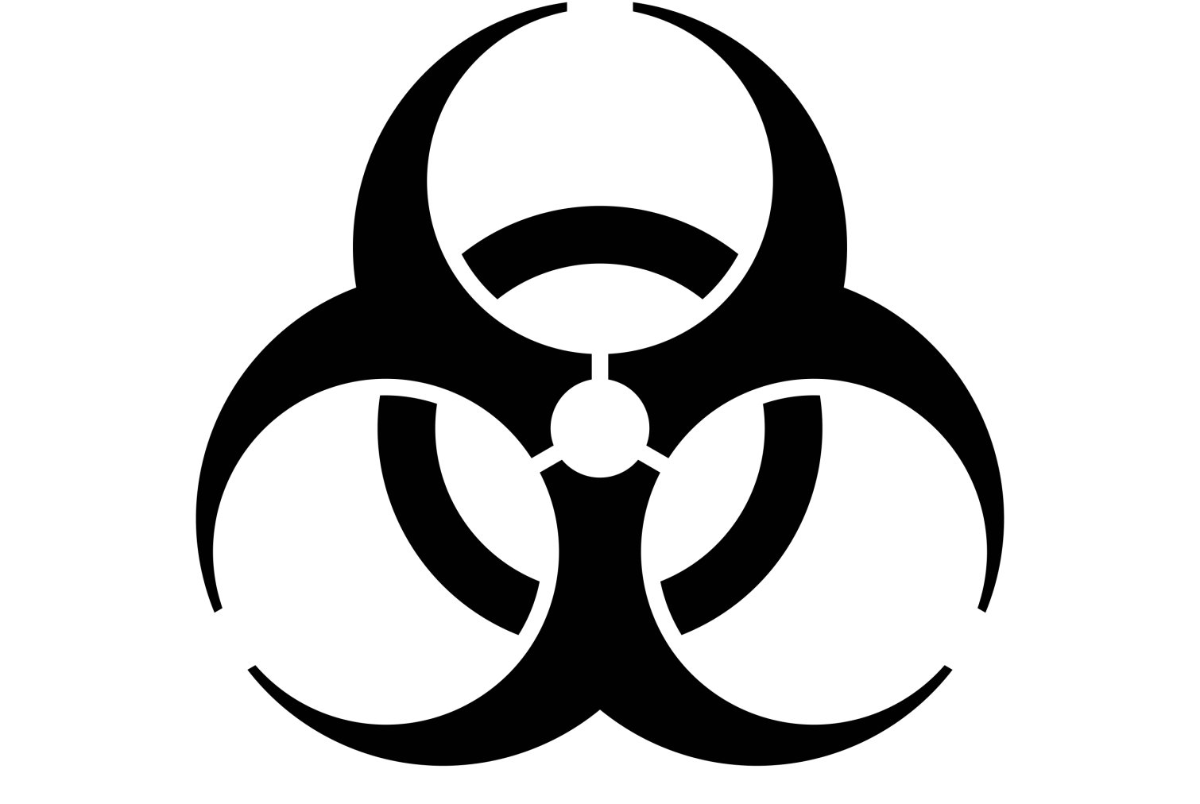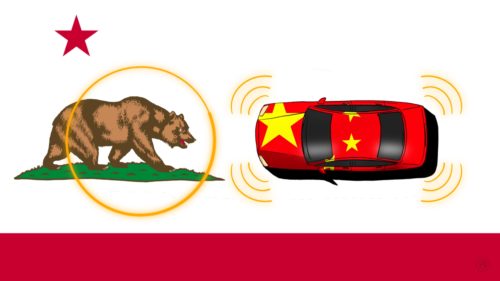The coming biosecurity state
How the coronavirus will strengthen China’s surveillance state

“I can see clearly now. The system is broken. I’ve got to get out.”
That’s what my friend — let’s call him Wang Jun — said to me on the phone this morning.
Wang Jun’s father is some kind of big deal in the Chinese military — I’ve never been allowed to visit his home in Beijing. Like many of his peers with similar backgrounds, he studied liberal arts at an American university, but returned to China because life is just so much easier there if you have the right family. Now he has changed his mind.
My friend is not alone. Such anxieties are written all over Chinese social media: Not since the 2011 Wenzhou high-speed train crash have I observed such a broad range of people complaining about the government on the internet. That year, even the house newspaper of the Chinese Communist Party lamented government policies, saying, “We do not want a GDP that comes with blood.”
But the Party swiftly dealt with that crisis of confidence in the system — China’s high-speed railway network is once again cited with pride as a national achievement by both Party and ordinary people alike. Likewise for the 2008 Sichuan earthquake — for the first few weeks after the quake, the press and China’s growing number of bloggers reported on government malfeasance, and the thousands of children killed when their schoolhouses collapsed because officials had skimmed from construction budgets. Yet the Party-state quickly stepped in to silence dissenting voices and tell the story of the earthquake as one of nationalistic pride and government competence. The same story played out during the SARS epidemic of 2003.
The economist Andrew Batson — who like me was living in Beijing in 2003 — makes a similar argument: “Ultimately, I suspect the coronavirus outbreak will go down in official history as another victory for Chinese state power — just as the response to SARS did, or the relief effort for the Wenchuan earthquake in 2008.”
He adds an important additional point:
One thing that China’s response to the coronavirus outbreak has conclusively demonstrated is that the Chinese state is in fact more powerful, more effective, and more organized than it was in 2003. Its response to this outbreak is more forceful than the response to SARS because, in part, it can be.
I feel like this increase in state power should be a bigger part of the standard narrative of how China has changed over the past two decades than it now is.
This view of state power, or Party-state power, to be precise, is a necessary corrective to the fantasies of regime change that are animating some conversations about the epidemic. To be sure, all authoritarian regimes are stable, until one day they suddenly aren’t. Top leader Xí Jìnpíng 习近平 himself said that the “epidemic is a major test of China’s system and capacity for governance.” Headlines like How the coronavirus threatens Xi’s ‘Chinese dream’ and Xi Jinping may lose control of the coronavirus story are not wrong. But they do not tell the whole story. An equally plausible headline would be:
How the coronavirus will strengthen China’s surveillance state
The Xinhua News Agency article that quotes Xi on the challenge presented by the virus also sets out Xi’s plan to deal with it (Chinese version is here). Commendably, Xi mentions the need for wildlife protection laws and improving medical insurance systems. Less commendably, he does not mention one of the major problems laid bare by the epidemic: China does not have enough community clinics, primary care facilities, and family doctors, so the big hospitals in big cities are constantly overwhelmed by patients seeking treatment for everything from the common cold to cancer. In an epidemic, these same hospitals simply cannot cope. Naturally, Xi, who must be obeyed, does not mention the suppression of free speech, which led to delays in informing the public about the outbreak.
The most interesting part of Xi’s remarks is perhaps this:
Xi…also highlighted speeding up establishing a law on biosecurity…
The system of treatment for major epidemics should also be improved, Xi said, encouraging the application of digital technologies including big data, artificial intelligence and cloud computing in areas such as epidemic monitoring, tracing virus sources, epidemic prevention and treatment, and resource allocation.
We already have a good idea of what that looks like: Earlier this week, we noted that the northeastern city of Shenyang had launched a real-name registration system for public transit, which requires commuters to leave their personal information via QR code before taking public transport. This is what I wrote about the move:
It’s likely many other cities will implement similar measures: The digital infrastructure is already in place, as is the rationale to track passengers — during a disease outbreak, people will put their health ahead of abstract concerns about privacy.
Once the epidemic is over, however, the government is not likely to give up any new tools it has acquired to track citizens, just as security checkpoints and surveillance equipment installed for the 2008 Beijing Olympic Games remain in use today.
Xi’s remarks on big data and tracing virus sources seem to confirm this suspicion. The Chinese police already have no qualms about demanding urine tests and taking hair follicle samples from anyone they suspect of using drugs. The Party has always treated Chinese women’s wombs as national assets, and has a long history of preventing carriers of diseases like hepatitis from accessing education and employment.
When Xi’s new biosecurity law is in place, if your body is in China, the state will demand access to its secrets.






